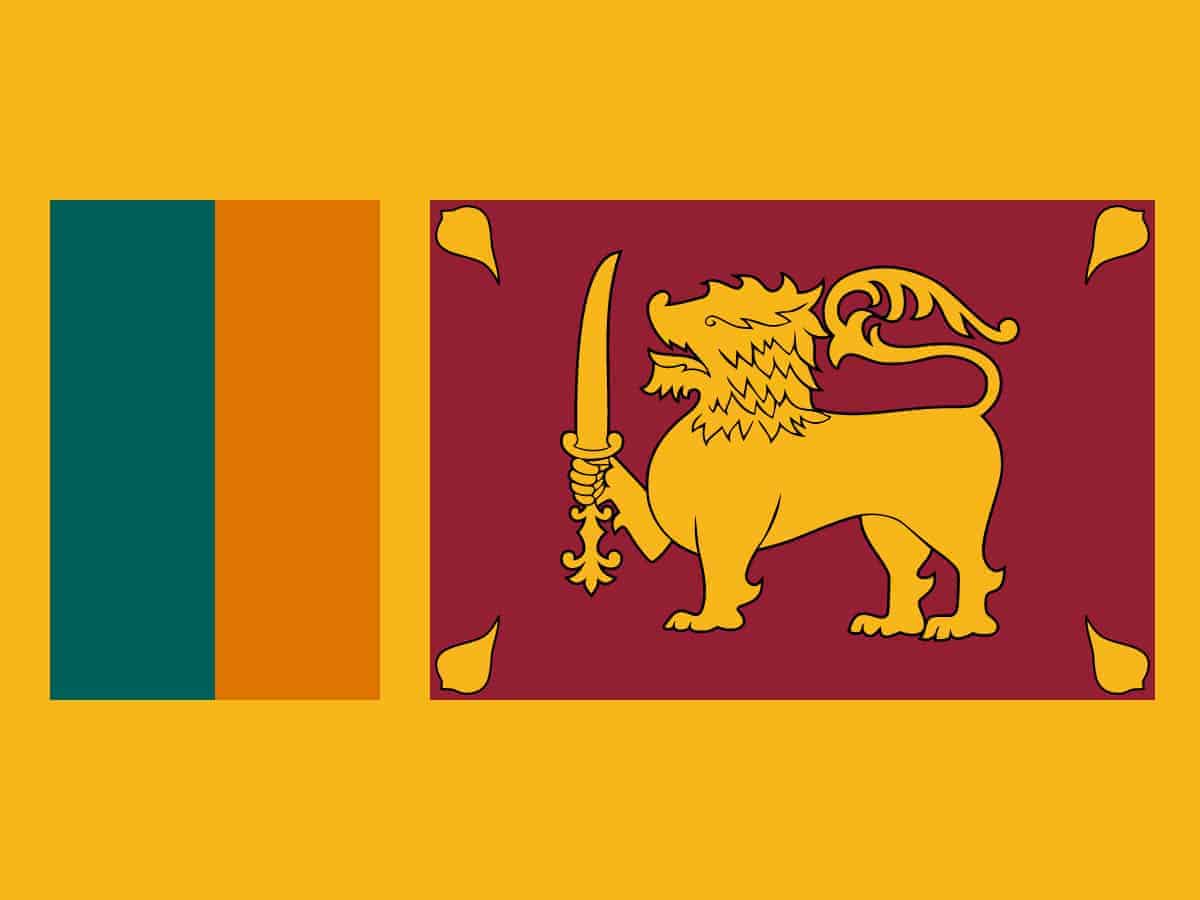
Colombo: Sri Lanka’s parliamentary oversight committee comprising members from both government and opposition on Friday approved the proposed domestic debt restructuring (DDR) plan with certain amendments, as part of the efforts to revive the island nation’s bankrupt economy.
The majority of the Committee on Public Finance (COPF) approved the resolution following the second day of deliberations which began on Thursday, an official release said Earlier, the Cabinet approved the debt restructuring plan on Wednesday after which it was referred to the public finance committee in parliament.
“The committee approved the resolution by a majority subject to certain amendments made at the committee meeting held”, the release said.
The COPF approval was the last of the formalities before the resolution is set to be discussed in parliament on Saturday.
President Ranil Wickremesinghe, who is also the finance minister, held a flurry of meetings with different sectors to apprise them of the DDR programme and its effect on the island’s economic recovery, his office said.
He urged both the business leaders and the trade unionists to educate the workforce on the government’s DRR plan to ensure that individuals and industries comprehend the significance of this financial manoeuvre.
He said by engaging in widespread explanations, stakeholders can grasp the nuances of the restructuring and gauge its influence on their livelihoods.
President Wickremesinghe noted that the foremost effect of this restructuring endeavour is the anticipated reduction in interest rates, providing a glimmer of hope for individuals burdened by financial obligations.
While the exact timeline remains uncertain, experts predict a noticeable decline in interest rates within a matter of months, he said.
Sri Lanka’s banking and finance sector feared for the worse as the government set about restructuring the local debt of USD 42 billion, which is more than its external debt component.
The parallel negotiations with the external creditors are ongoing in terms of the International Monetary Fund’s bailout conditions for a nearly USD 3 billion bailout over 4 years.
It has also been decided the special session in parliament will debate the resolution only on Saturday with no sessions to be held on Sunday.
The cash-strapped country’s main opposition Samagi Jana Balawegaya (SJB) earlier said it would oppose the resolution in Parliament on Saturday with the debate spanning from 9.30 am to 7.30 pm.
A vote would be taken at 7.30 if required, the parliament’s communications office said.
Sri Lanka, which announced its first-ever sovereign default in April 2022, has negotiated with the IMF for a bailout of USD 2.9 billion.
The island nation is facing its worst economic crisis in history due to a shortage of foreign exchange reserves.
An imperative in the IMF bailout is to restructure external debt, which needs to be completed by September.



